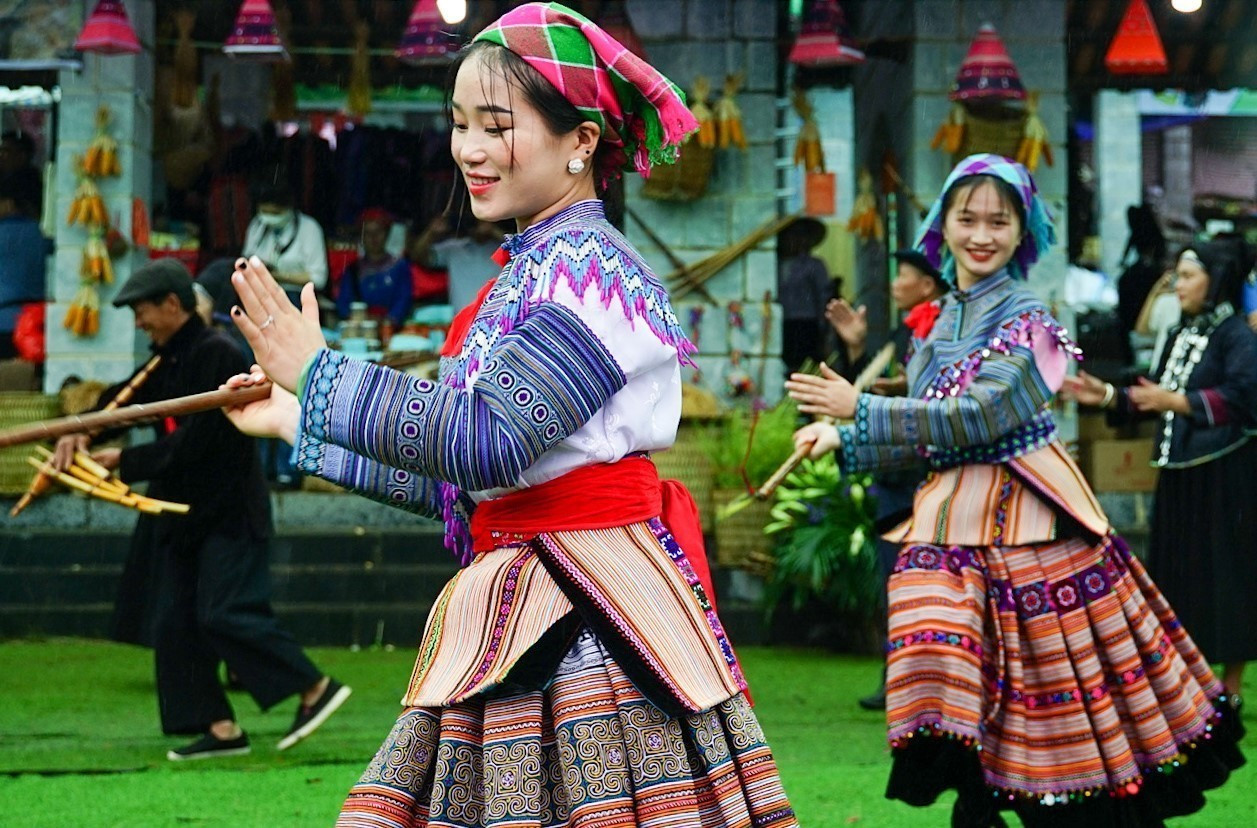
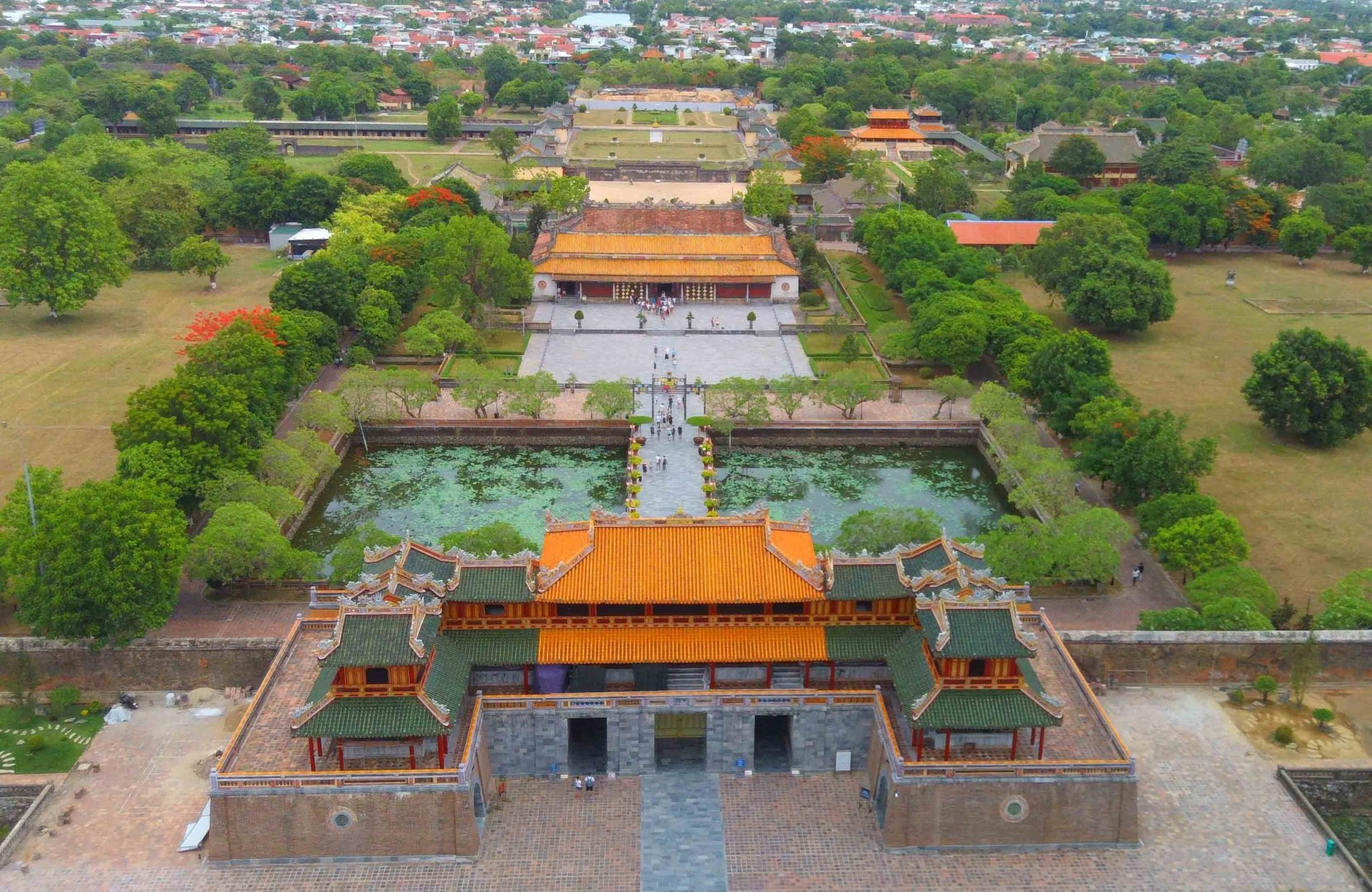
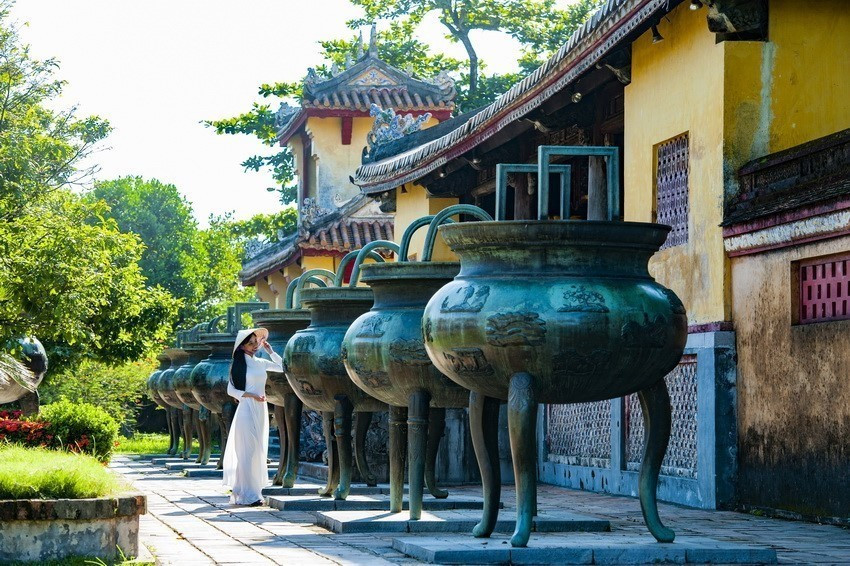

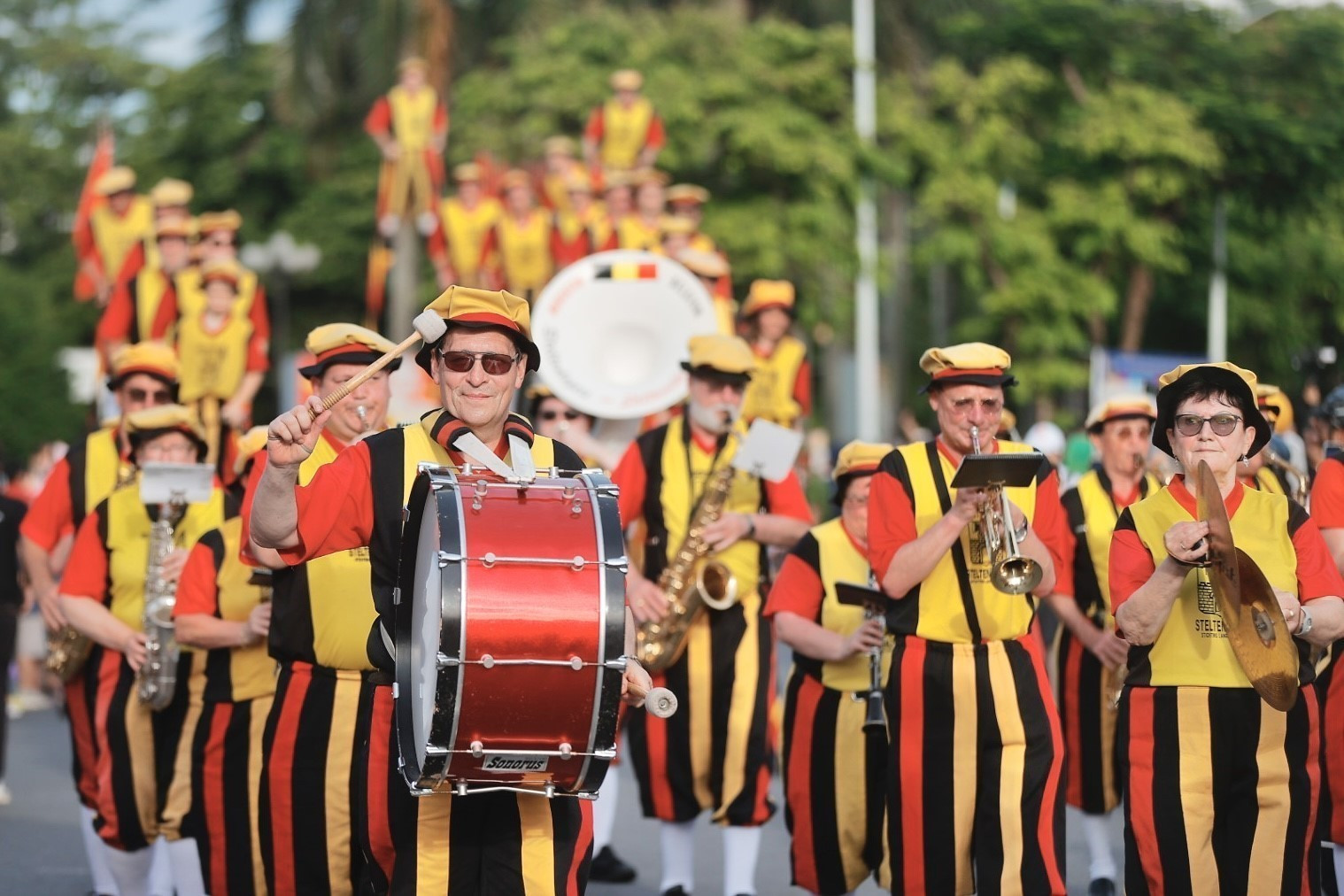
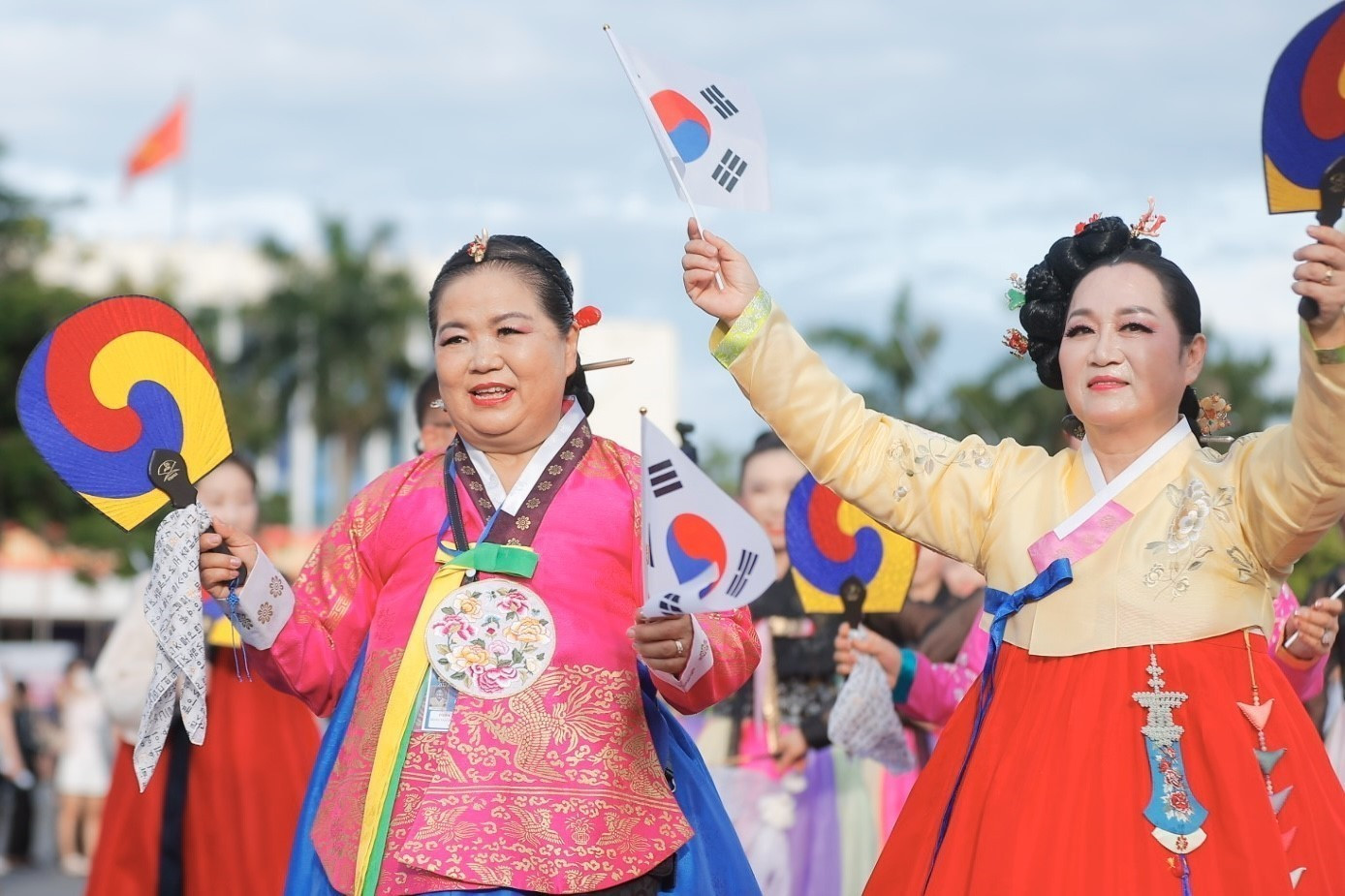
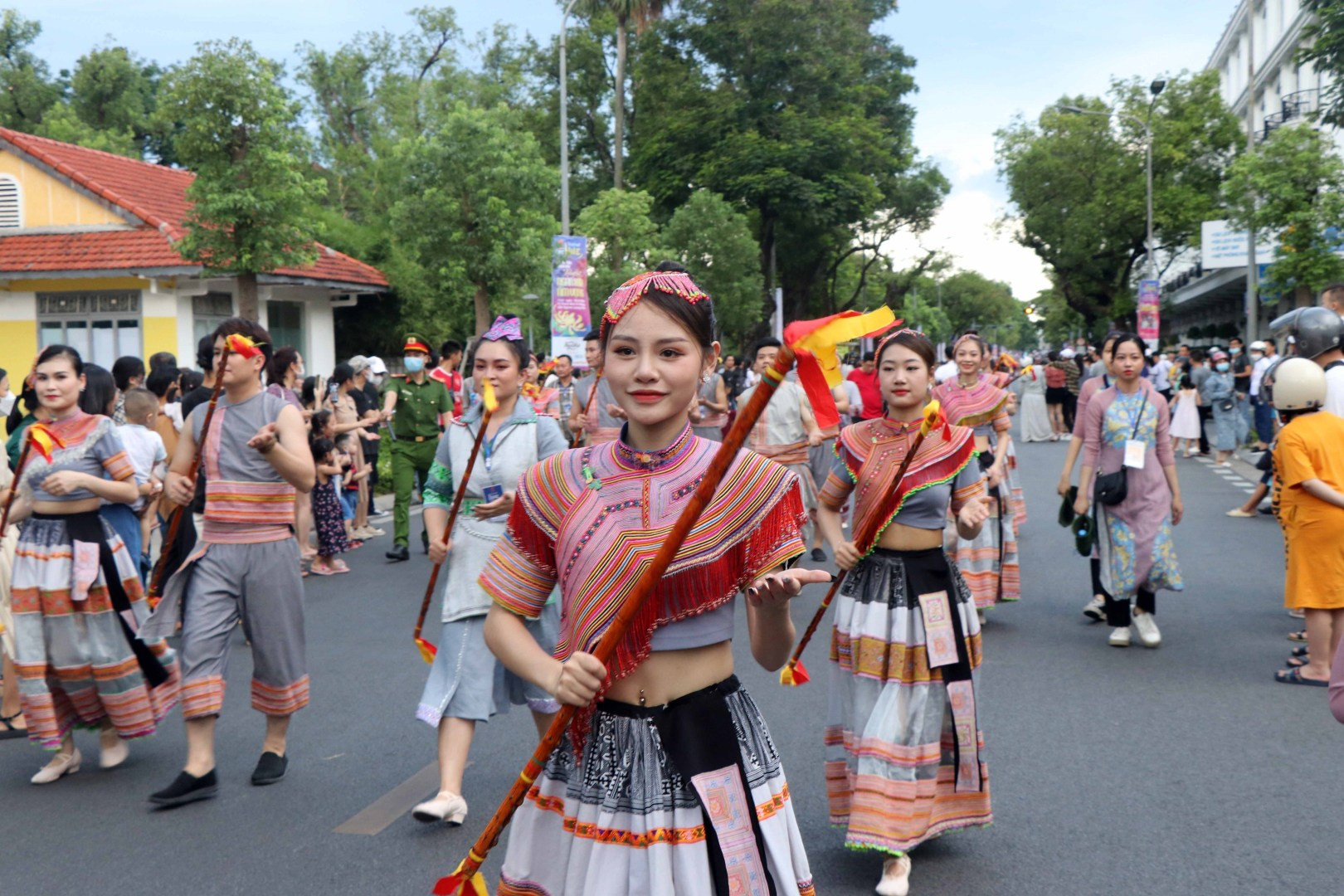
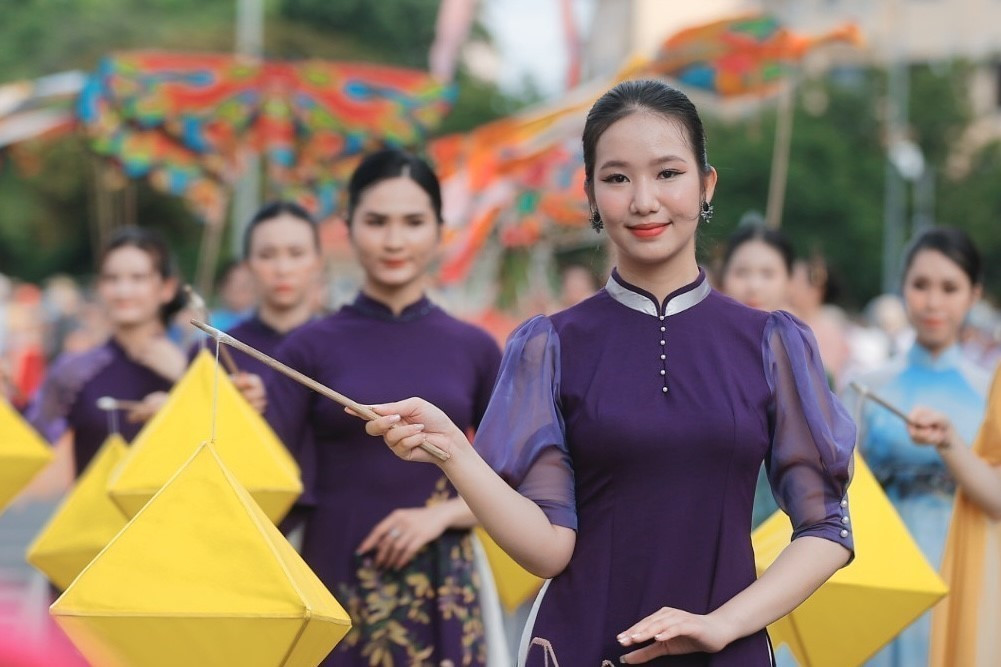
Vietnam boasts 32 UNESCO-recognised world heritage items, including 5 cultural heritage sites, 24 intangible cultural heritage elements and documentary heritage items, alongside over 40,000 relic sites, nearly 10,000 of which are classified at the municipal and provincial level.
In recent years, Vietnam has consistently been highly rated in various international tourism rankings and awards. Vietnam won the titles of “Top Asia Destination” and “Top Asia Destination for Heritage, Culture and Cuisine” by the World Travel Awards (WTA) for consecutive years from 2018-2020. In 2023, Vietnam was again named “Top Asia Destination for Heritage, Culture and Cuisine” by the WTA.

Vietnam – Top Asia Destination for Cuisine
Ha Van Sieu, Deputy Director of the Vietnam National Authority of Tourism (VNAT), said when cultural heritage is properly tapped, it provides visitors with a deeper understanding of local cultural values, making them want to return.
He added that Vietnam’s rich tapestry of traditional crafts, festivals and diverse cuisine is a treasure trove for cultural tourism development. Famous Vietnamese dishes such as pho, banh mi (Vietnamese sandwich), bun cha (rice vermicelli with grilled pork and fresh herbs), and banh cuon (steamed rolled rice pancakes) have been celebrated on prestigious international media channels, becoming ambassadors of Vietnamese tourism.
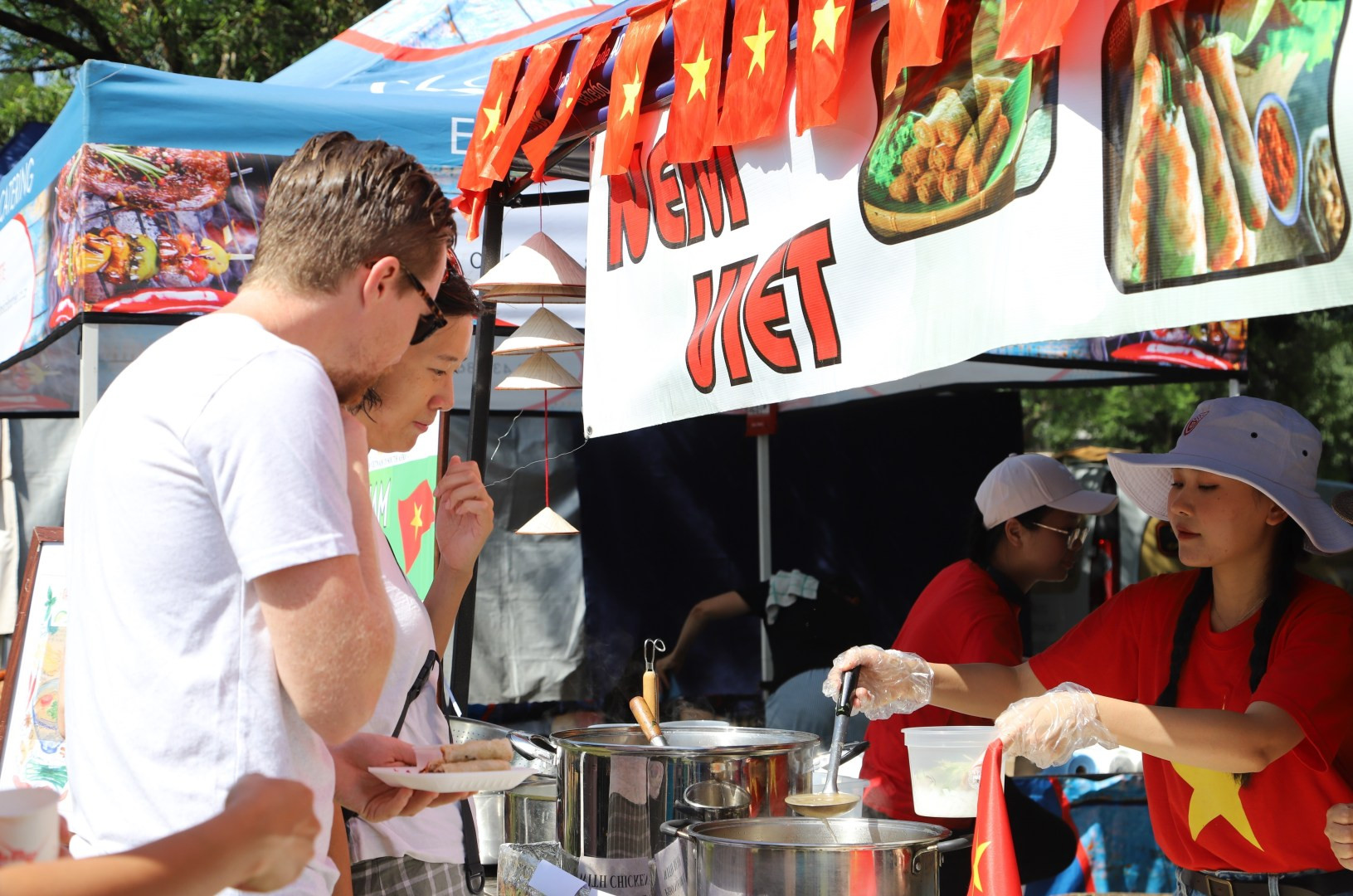
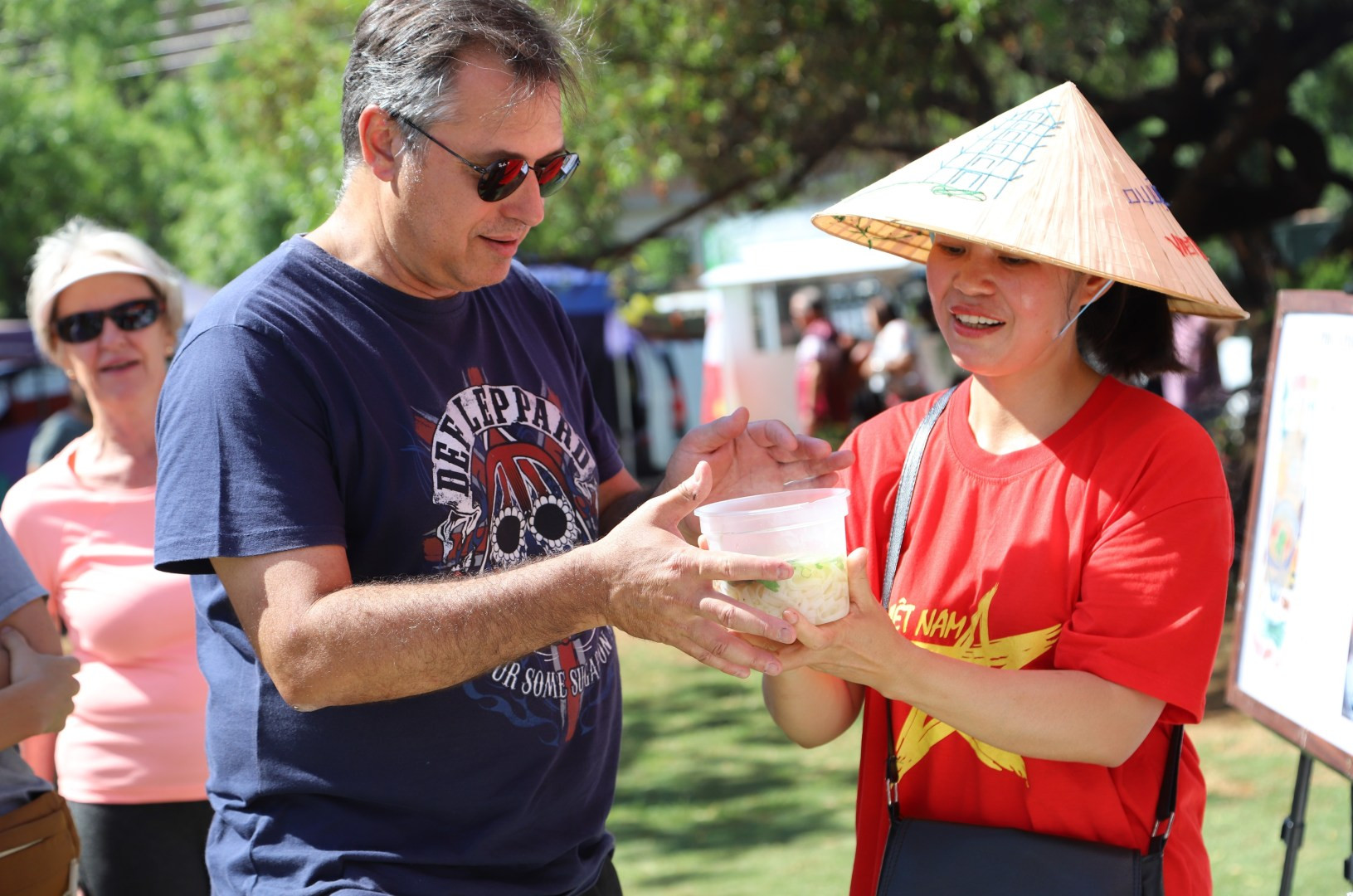
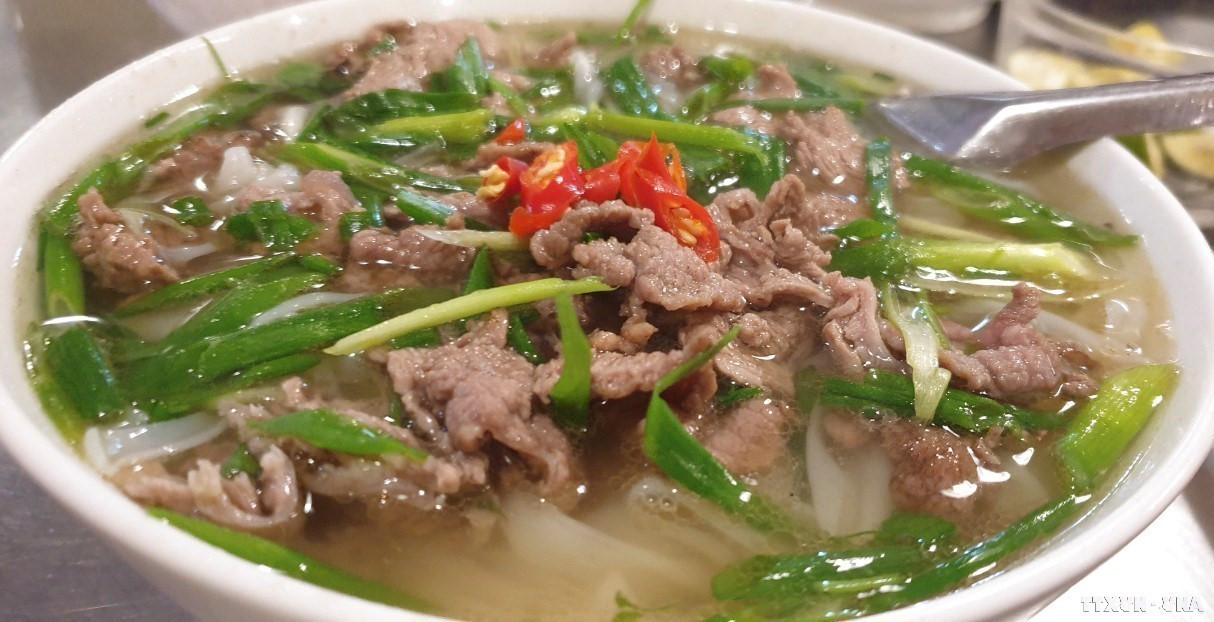
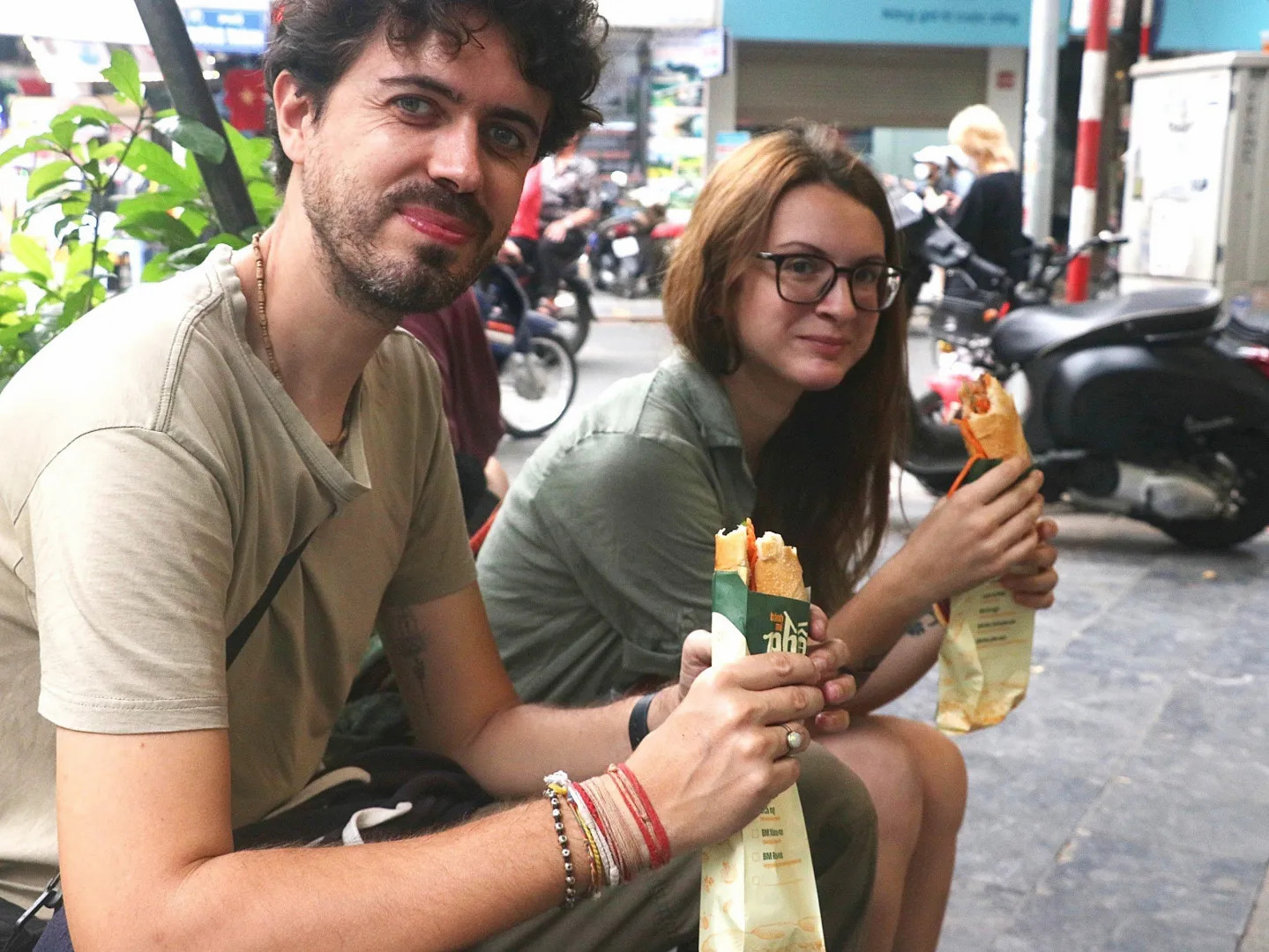
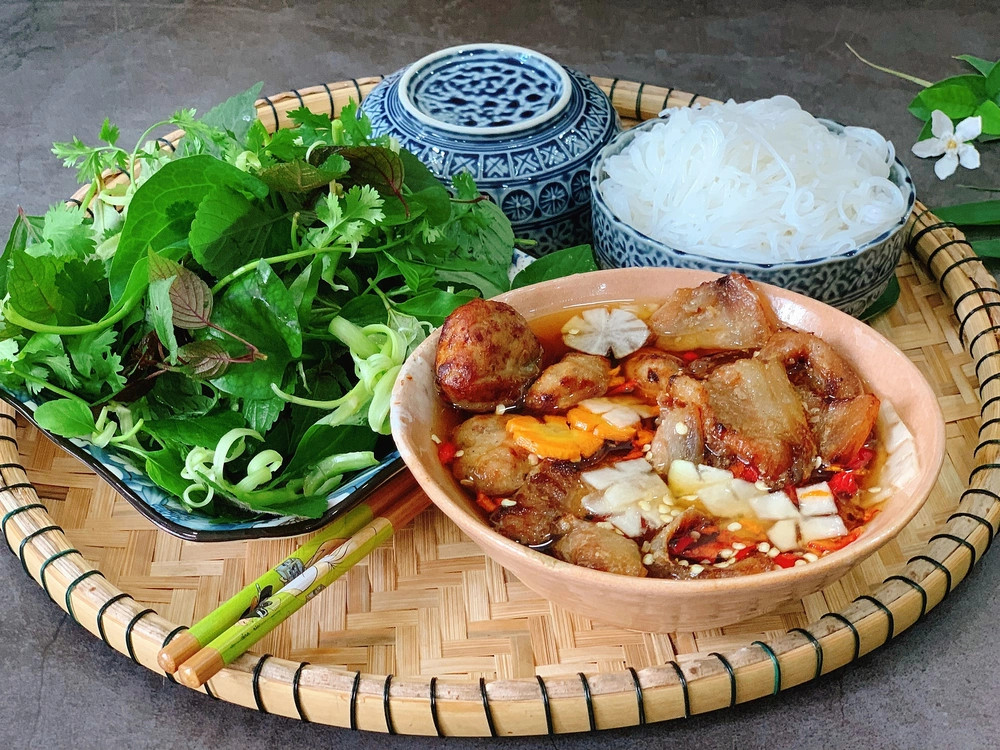
Vietnam – Heritage Destination
Vietnam’s world heritage sites have seen a meteoric rise in popularity. Once drawing only a trickle of visitors, the Complex of Hue Monuments and Ha Long Bay, both UNESCO-listed in the 1990s, now welcome millions annually. The Hue complex attracted 2.28 million visitors in 2023 alone, including over a million foreigners.
Ha Long Bay’s allure is equally potent, with nearly 2.7 million tourists flocking to its waters last year, generating a staggering 780 billion VND (32.5 million USD) in revenue, marking an 80% surge from 2022.
Hoi An ancient town in the central province of Quang Nam, another UNESCO gem, has experienced explosive growth since its designation. Visitor number soared to almost 4 million in 2023, a 99% increase year-on-year, with foreign arrivals tripling to more than 3 million. Meanwhile, domestic arrivals soared 77% annually to around 1 million.
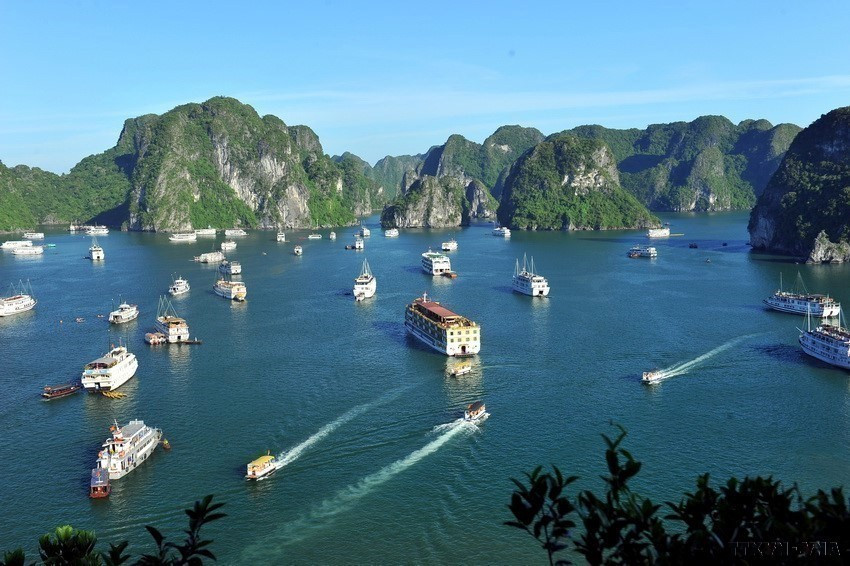
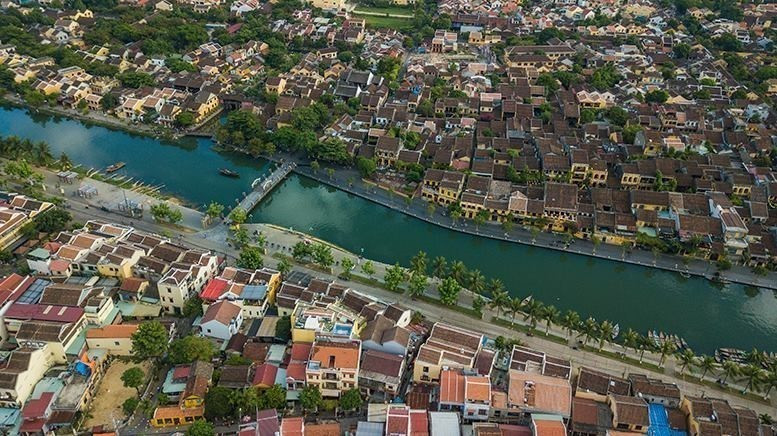

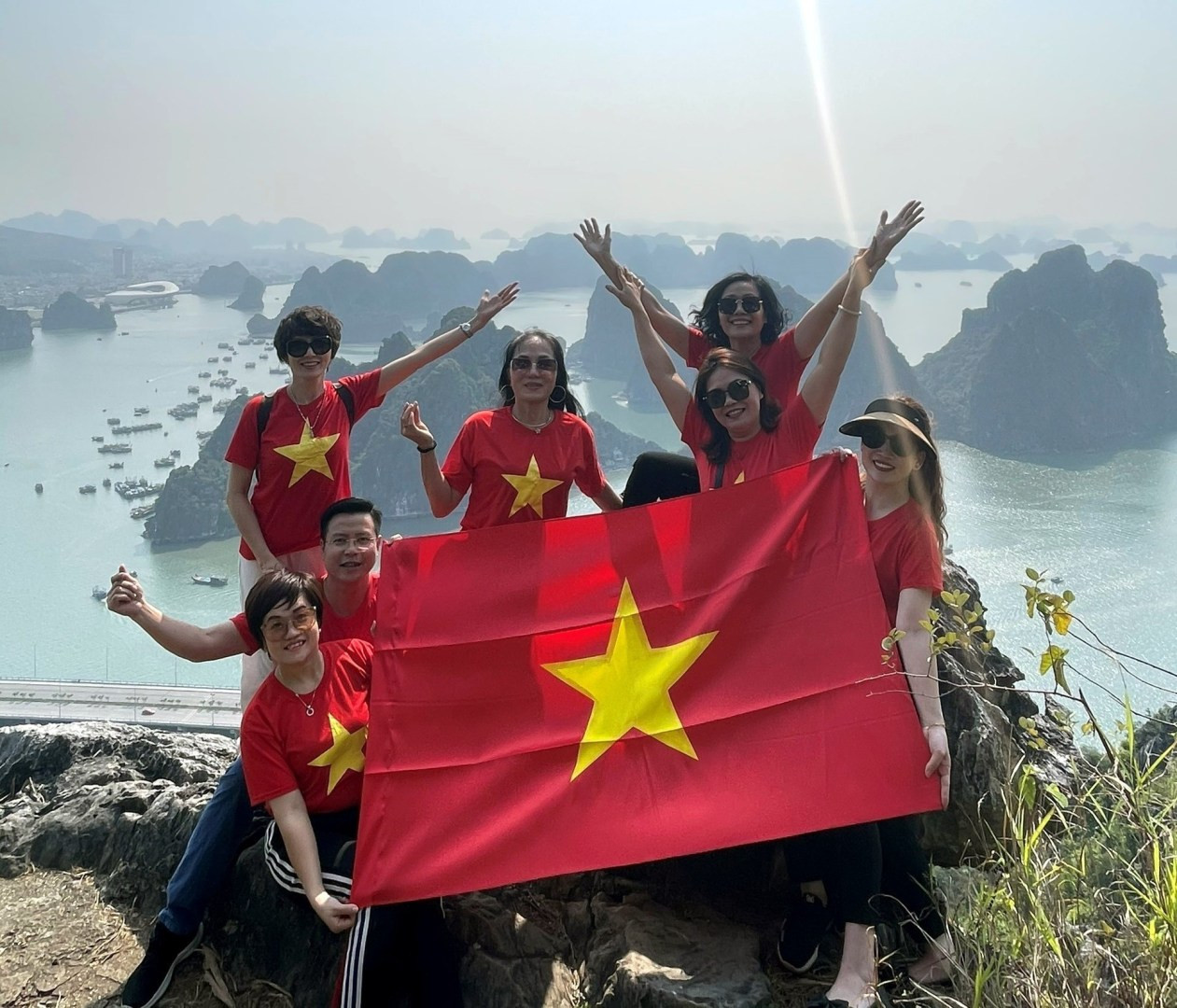
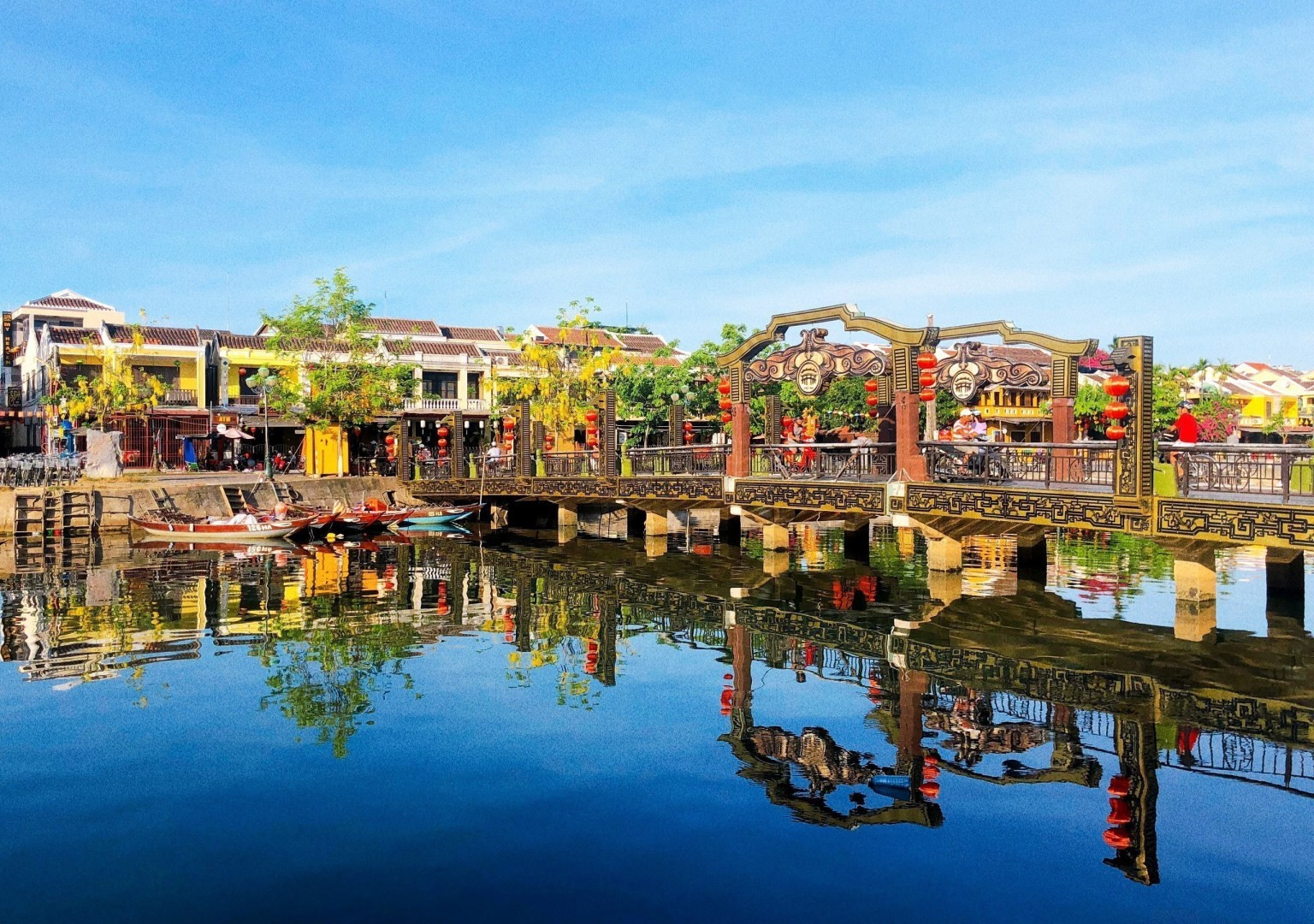
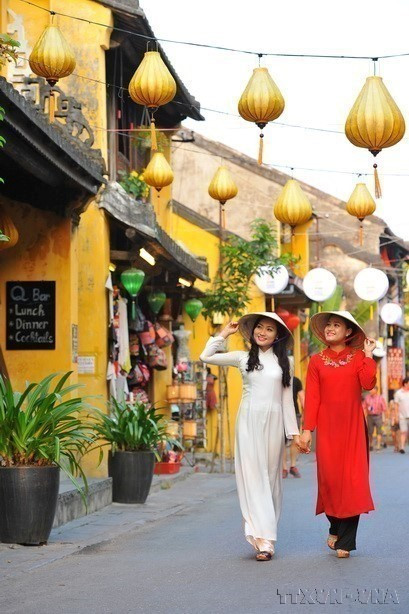
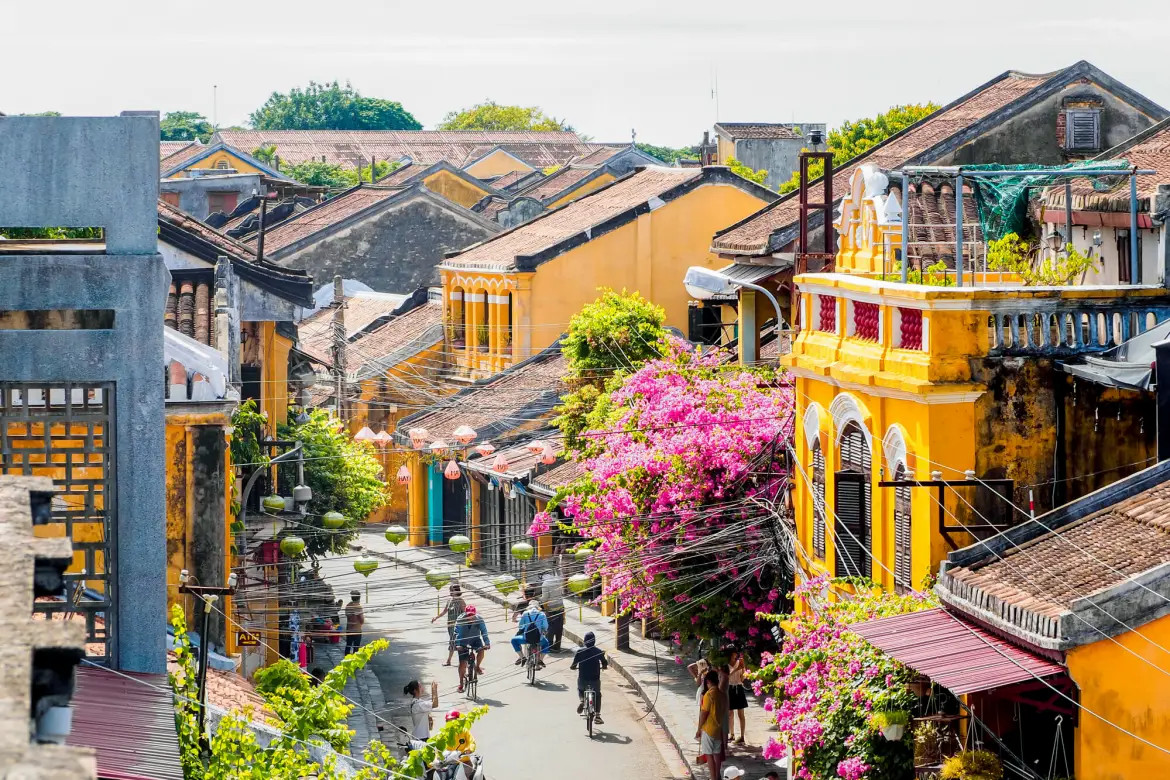
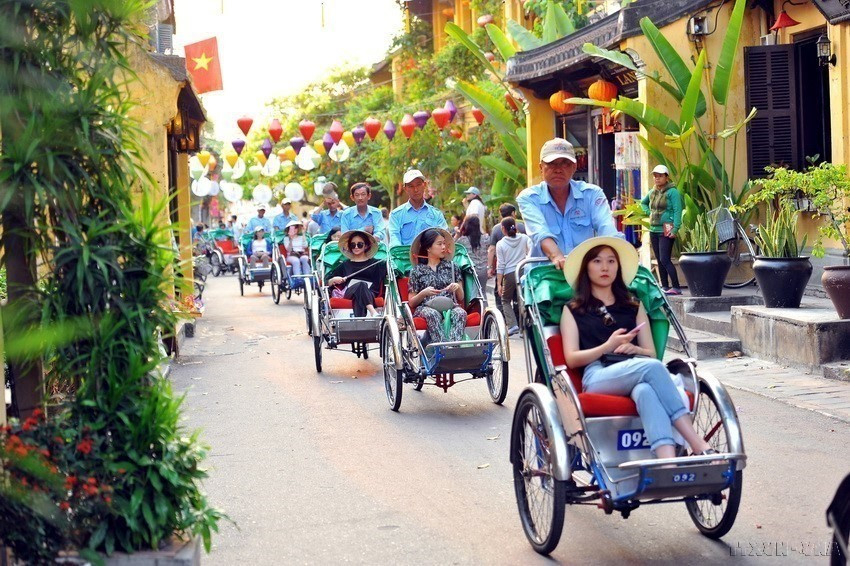
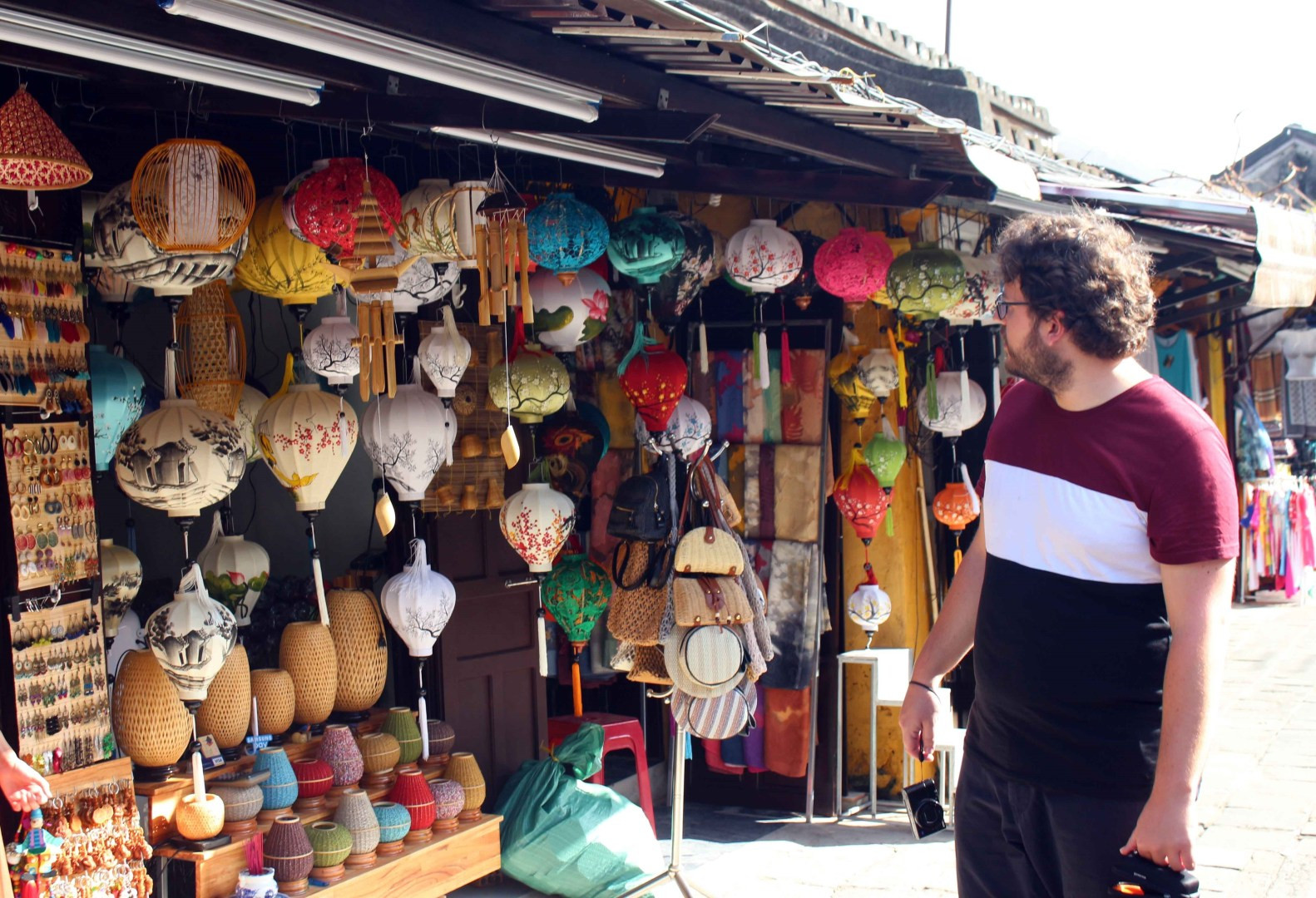
Vietnam’s cultural scene is ablaze with captivating shows. Productions like “Tinh Hoa Viet Nam (Quintessence of Vietnam), a grand historical reenactment on Phu Quoc island, and “Ky uc Hoi An,” (Memory of Hoi An) which transforms Hoi An into a nightly entertainment spectacle, have wowed audiences. The latter has even earned the title of “Top Entertainment Destination”.
Northern Vietnam’s allure is showcased in “Vu Dieu Tren May”(Dance on the Clouds), a performance that clinched the “Top Cultural Tourist Destination” award for Sun World Fansipan Legend at the 2022 World Travel Awards. And for those heading to Hanoi, CNN recommends experiencing the “Tinh hoa Bac Bo” (Quintessence of Tonkin)” show.
Youths engage in cultural tourism
As global travellers increasingly seek eco-friendly and heritage-rich experiences, young Vietnamese are stepping up to meet the demand. They are passionate about preserving the national cultural identity while showcasing it to the world through tourism.
Deputy Minister of Foreign Affairs and Chairman of the Vietnam National Commission for UNESCO Ha Kim Ngoc said while young people already have certain advantages, they need to harness the power of digital transformation, social media platforms, mobile applications, and social networks to introduce and popularise UNESCO heritage sites to a global audience.
He praised young individuals for their bold innovation and creativity which have helped open doors to the world, bringing traditional cultural values and the image of Vietnam to friends across the globe.
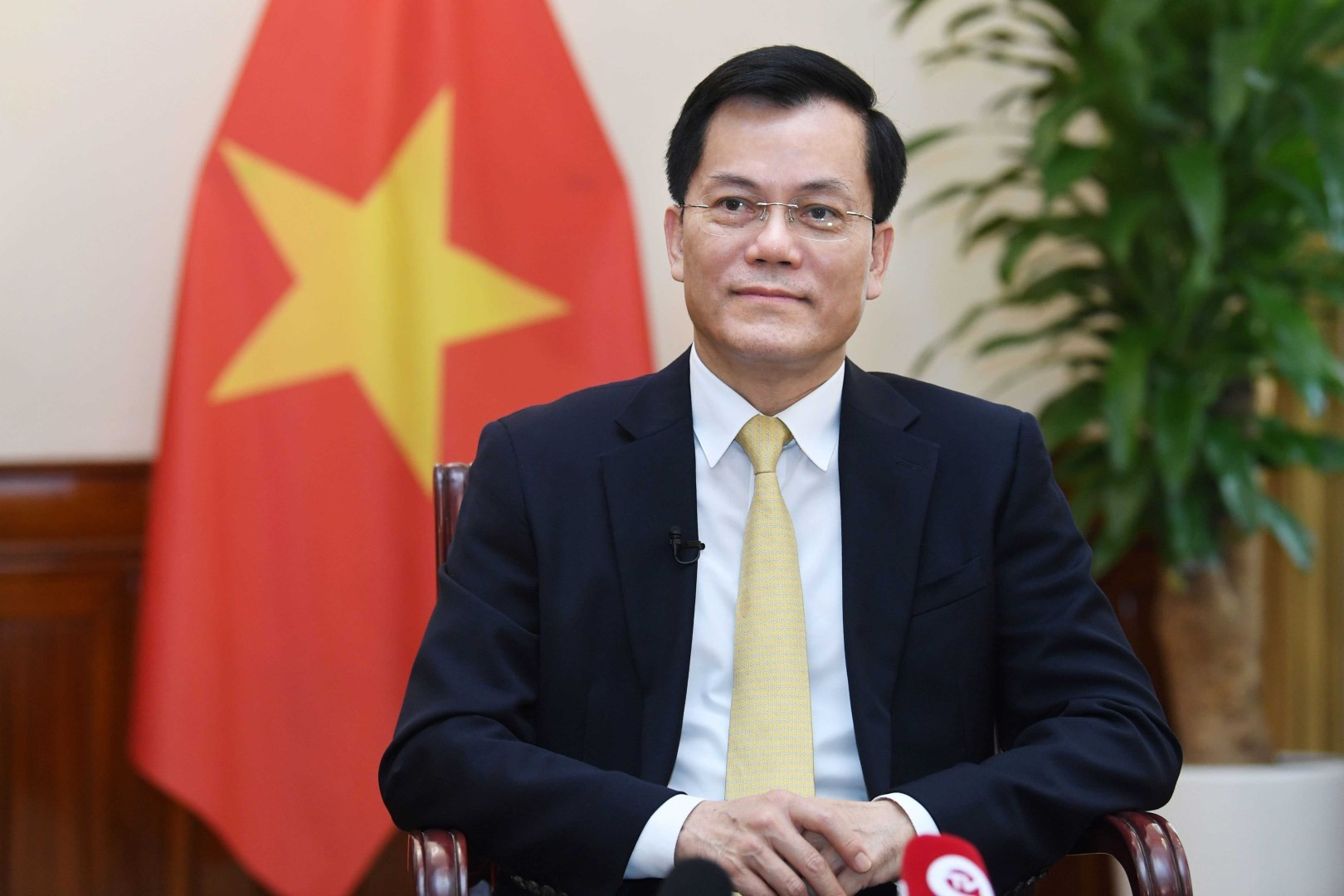
Sharing this optimism is Will in Vietnam, a popular TikToker with 3.2 millions of followers, over 950,000 subscribers on YouTube, and more than 400,000 followers on Facebook. He described Vietnam as a “cultural tourism hub” with endless possibilities for exploration.
“Vietnam has a rich history and tradition with thousands of festivals, numerous historical sites, and a diverse geography. There are always new things to explore and learn about. This is one of the reasons why many Europeans flock to Vietnam to discover its cultural heritage, history and cuisine. I believe Vietnam should continue to leverage its strengths as a cultural destination,” he said.



Popular Vietnamese travel vlogger Khoai Lang Thang said “Beautiful landscapes might attract tourists to a place once or twice, but when they develop a fondness for the local culture, they will visit more frequently. Integrating culture into tourism is also a way to make culture more accessible, influential and relevant to the times. Therefore, developing tourism that is closely linked to culture also helps preserve our own cultural heritage, deepens love for our homeland, and honours the traditions left by our ancestors”.
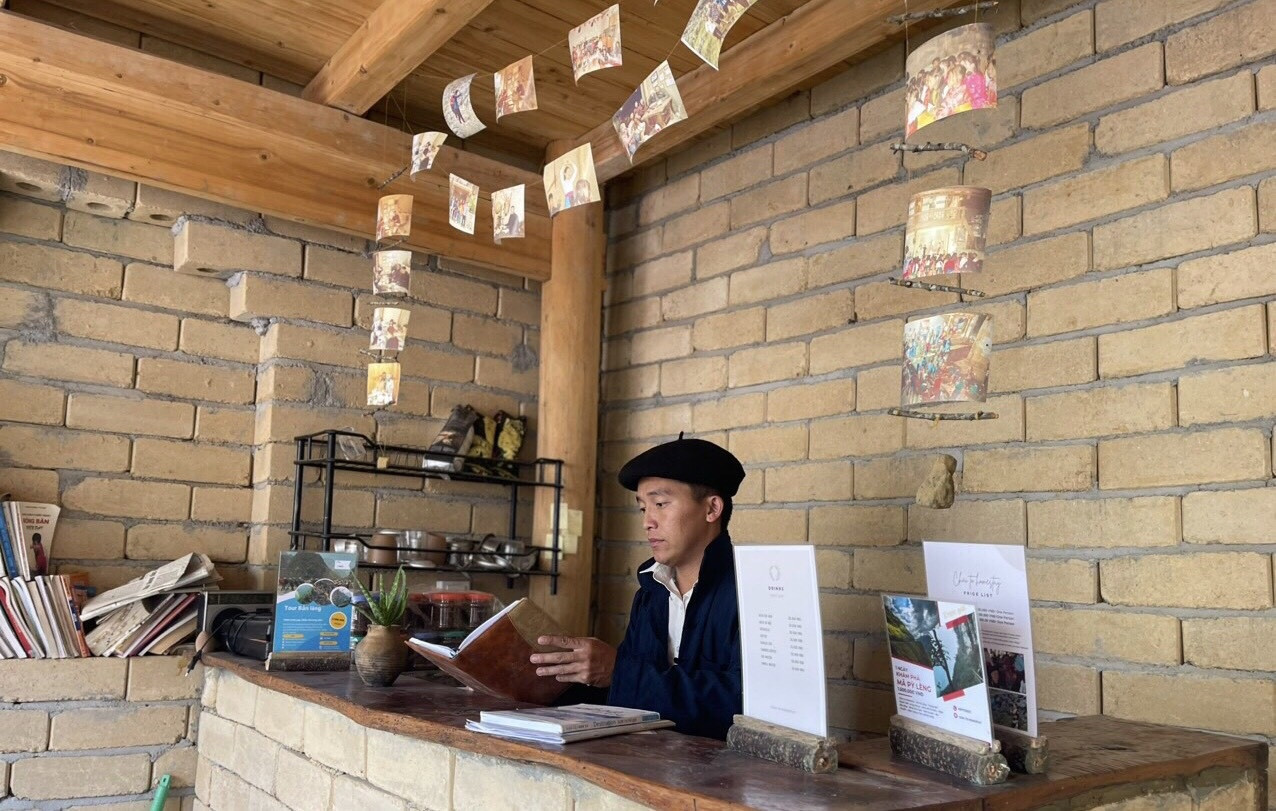
Sung Mi Phin, a young H’mong ethnic man from the northern mountainous province of Ha Giang, is blending culture with tourism. His homestay business model is a prime example of how locals can preserve and promote their heritage while benefiting from tourism. “Involving local people in culturally-focused tourism is the best way to respect, preserve and promote traditional cultural values”, Phin said.
Contrary to the concerns of many, young people today are far from indifferent to traditional culture. They are adept at preserving and promoting cultural values through the lens of tourism, turning it into a bridge among ethnic groups. As Diu Thi Huong, a Lo Lo ethnic woman and owner of the Cuc Bac coffee shop in Ha Giang, pointed out “Only by deeply understanding and appreciating our own ethnic culture can we open up to learning the positive aspects of other cultures, and only then can we truly embrace the ‘differences’ in the cultures of other ethnic groups”.
Expert Vu Anh Tu from the Cultural Studies Magazine at the Vietnam National Institute of Culture and Arts Studies asserted that young people’s involvement in cultural tourism aligns perfectly with current trends and holds significance for transmitting and upholding the values of ethnic culture. This participation also contributes to increasing the diversity and appeal of cultural tourism products. To further develop cultural tourism, Vietnam must bolster its regulatory framework. In addition to support and incentives, the country needs to strengthen management, inspection and oversight to safeguard ethnic cultural values. Raising public awareness about the effort is also essential for both the general public and tourism industry professionals./. VNA